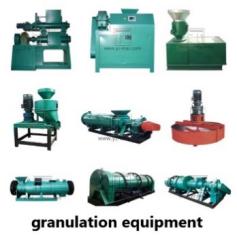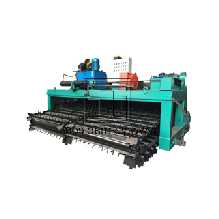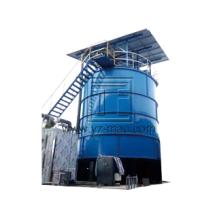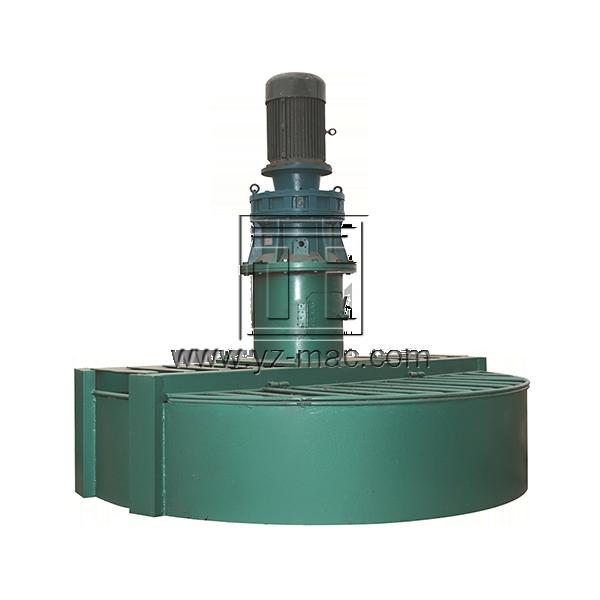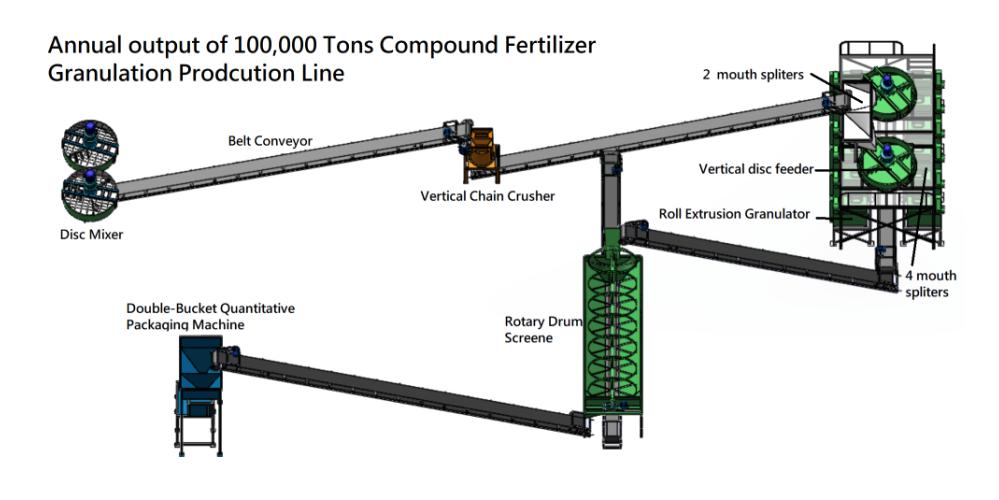Machine de compostage
A composting machine, also known as a composting system or composting equipment, is a specialized apparatus designed to efficiently process organic waste and facilitate the composting process. With various types and sizes available, these machines offer a streamlined and controlled approach to composting, enabling individuals, businesses, and communities to manage their organic waste effectively.
Benefits of a Composting Machine:
Efficient Organic Waste Processing: Composting machines expedite the decomposition of organic waste, reducing processing time significantly compared to traditional composting methods. These machines create optimal conditions for microorganisms to break down the waste materials efficiently, resulting in faster compost production.
Reduced Landfill Waste: By diverting organic waste from landfills, composting machines contribute to waste reduction and promote sustainable waste management practices. By composting organic materials, valuable resources are recycled back into the environment instead of being buried in landfills, reducing greenhouse gas emissions and minimizing environmental impact.
Enhanced Nutrient-Rich Compost: Composting machines facilitate the production of nutrient-rich compost. The controlled environment, efficient mixing, and proper aeration provided by these machines ensure the ideal conditions for microorganisms to thrive and convert organic waste into a high-quality compost that can be used for soil enrichment and plant growth.
Space-Saving and Odor Control: Composting machines are designed to accommodate varying waste volumes and are often compact in size, making them suitable for both small-scale and large-scale operations. These machines also incorporate odor control mechanisms to minimize unpleasant smells associated with decomposing organic waste.
Types of Composting Machines:
In-Vessel Composting Machines: These machines facilitate composting in enclosed vessels, allowing for precise control of temperature, moisture, and airflow. In-vessel composting machines are efficient, can handle large volumes of waste, and are ideal for commercial and industrial applications.
Windrow Composting Machines: Windrow composting machines are designed to process organic waste in long, narrow rows called windrows. These machines automate the turning and aeration of the windrows, ensuring proper decomposition and efficient compost production. They are commonly used in municipal composting facilities and large-scale composting operations.
Tumbler Composting Machines: Tumbler composting machines utilize rotating drums or barrels to mix and aerate the organic waste. These machines are popular among home gardeners and small-scale composting enthusiasts due to their compact size, ease of use, and efficient composting capabilities.
Vermicomposting Machines: Vermicomposting machines employ the use of worms to break down organic waste. These machines provide a controlled environment for worms to thrive and accelerate the decomposition process. Vermicomposting machines are suitable for small-scale applications, such as home composting or educational settings.
Applications of Composting Machines:
Residential and Community Composting: Composting machines are used in residential settings, community gardens, and housing complexes to manage organic waste generated by households and communities. These machines facilitate on-site composting, reducing the need for waste collection and transportation.
Commercial and Industrial Composting: Large-scale composting machines are utilized in commercial and industrial settings, such as restaurants, hotels, food processing facilities, and agricultural operations. These machines can handle substantial waste volumes and efficiently process organic waste, enabling businesses to recycle their organic waste streams effectively.
Municipal and Waste Management Facilities: Composting machines play a crucial role in municipal composting programs and waste management facilities. They help manage organic waste from households, parks, and public spaces, diverting it from landfills and producing valuable compost for landscaping, soil remediation, and agricultural purposes.
Composting machines offer a convenient and efficient solution for organic waste management. By accelerating the composting process, reducing landfill waste, and producing nutrient-rich compost, these machines contribute to sustainable waste management practices.



